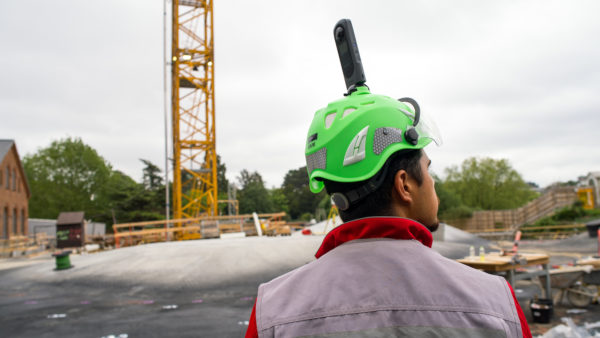The first Technology and Construction Court trial to be conducted entirely by video conferencing has resulted in Barnet Council facing a £3m liability following the repeated flooding of a family home.
It had already taken four years to reach trial and Mrs Justice Jefford rejected the council’s application to adjourn the case further during the Covid-19 pandemic, in favour of using video conferencing platform Zoom.
Brought by construction law firm Barton Legal, alongside Peters & Peters and two members of 39 Essex Chambers, evidence for the case was supplied to the court virtually, and with barrister Paul Darling QC’s cross examination conducted by video.
The secure video stream was open for public viewing, with up to 40 people, including journalists and members of the public, watching at a time – an unusually high number for a case of this kind.
Skype for Business has been used in construction court cases, but this was the first time a case has been conducted entirely remotely.
‘Time to embrace change’
Bill Barton, director of Barton Legal, said: “The significance of the case is huge. Technology is powering what could be one of the biggest shifts in English courtroom history. This is about more than how the trial was conducted: empowering people around the world to view cyber-secure, open trials, cuts to the very core of the principle that justice should be seen to be done. The law is amongst the world’s oldest professions; of course it is time it embraced change.
“Every aspect of the case went off without a hitch. Screen sharing allowed evidence to be viewed easily; the defendant saw its main witness repeatedly challenged over video; and even the intimacy of the traditional courtroom remained. Hopefully, even after the lockdown is lifted, we return to a new, digital normal.”
Darling, barrister at 39 Essex Chambers, added: “Amongst the principal concerns when it comes to remote trials is the loss of visual cues. Any barrister will tell you that body language is invaluable in cross examination.
“What the trial has proved beyond reasonable doubt, however, is that none of the intimacy of the physical courtroom is in fact lost with a remote trial. Rather, video sharing can in fact heighten our ability to dissect testimony, whilst opening up proceedings to the public.”
Image: Dimarik16/Dreamstime.com












